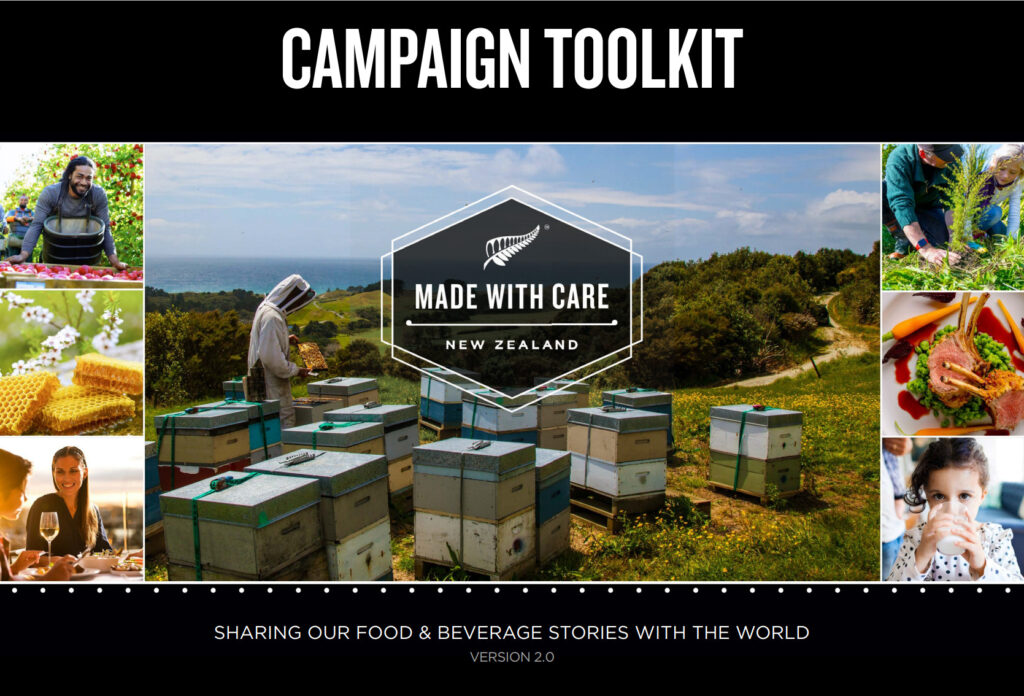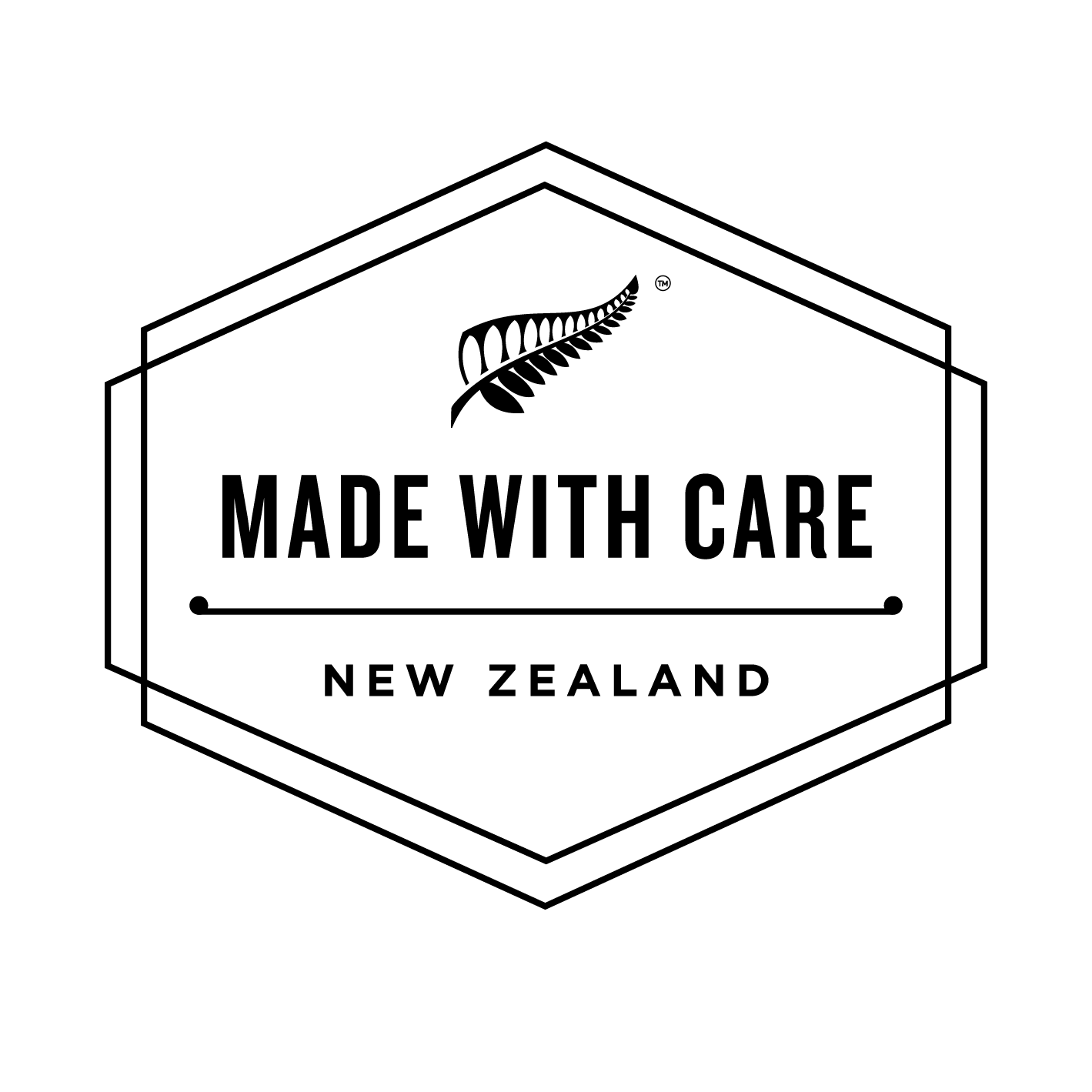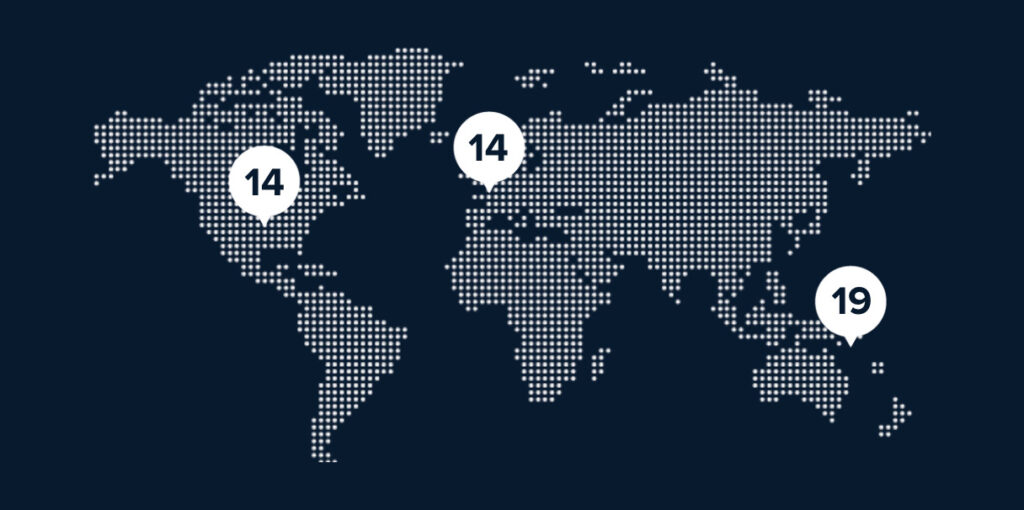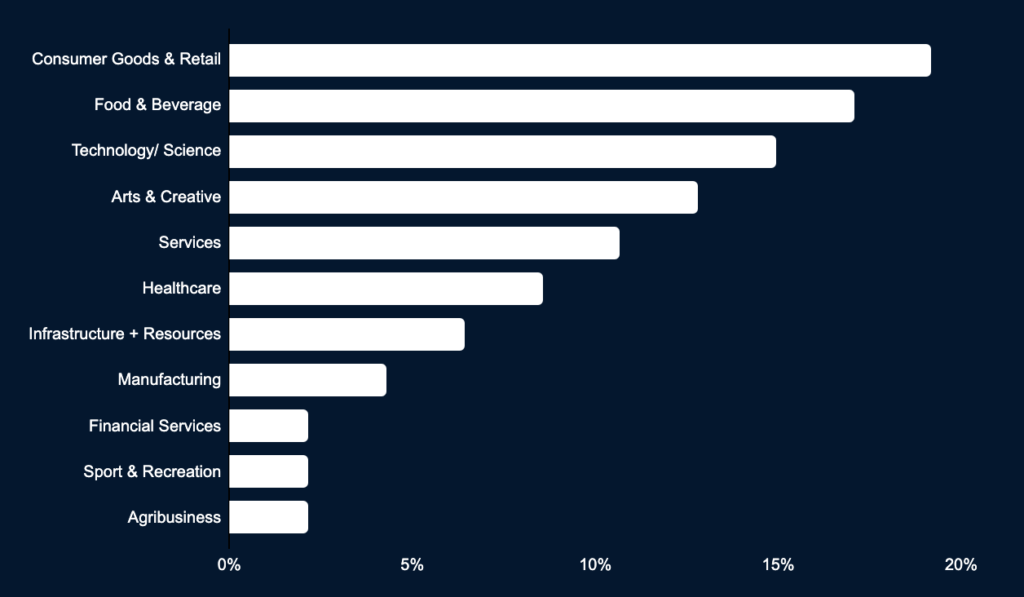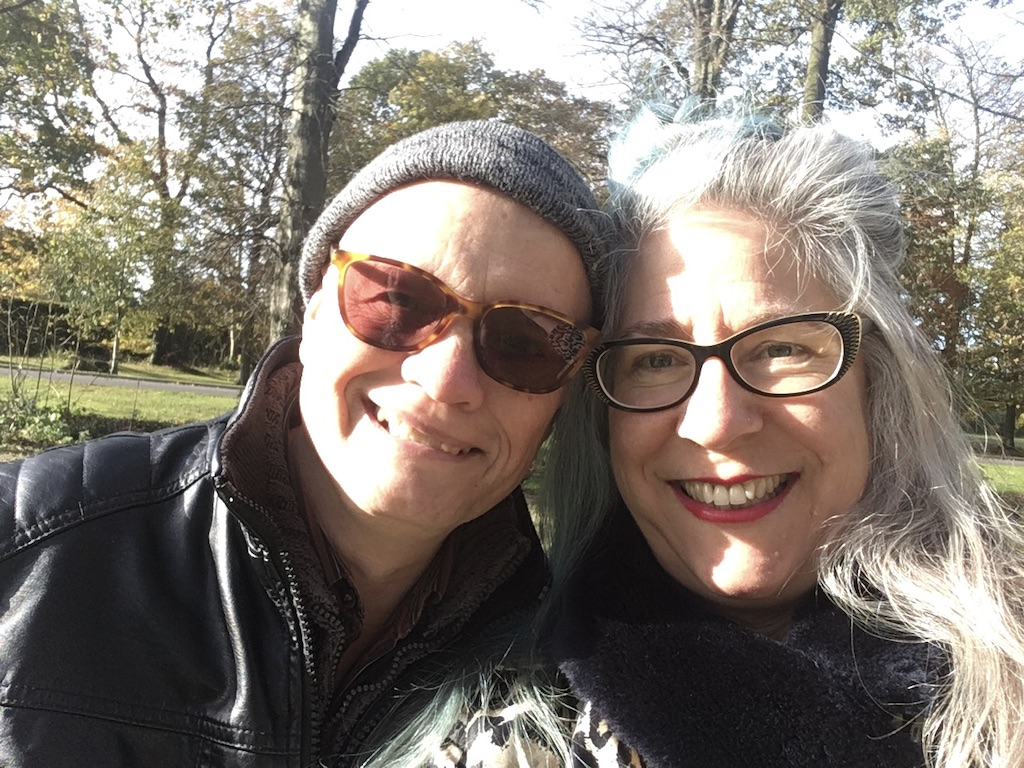Starship’s adoption of cutting-edge technology dates back to the hospital’s creation in the early 1990’s. The hospital was an early adopter of Telepaeds, a medical video conferencing service which allowed doctors to meet with family and other professionals from around the country.
These days the Telepaeds service has been more or less replaced by more widely used forms of video conferencing, but General Paediatric Clinical Director Dr Greg Williams says the early adoption of the concept means Starship has always been well positioned to offer a range of telehealth services.
“Being able to speak to people online, or to observe a child via a video call in their home environment is hugely valuable. Telehealth services allow us to deliver high-quality care to as many children as possible. It’s a really valuable tool.”
The early adoption of telehealth also meant that when the pandemic hit, the team at Starship were able to continue care almost seamlessly.
“There is always the mandate to keep improving our services for whānau and patients. During the pandemic it was difficult to meet in person for obvious reasons, but regardless of Covid, telehealth provides significant benefits to patients and whānau. When we listen to our families we find many prefer telehealth. This is particularly true if we are talking about a child with a chronic long term condition who requires multiple appointments each year. An appointment with our team in Auckland can take out half a day or more if the family lives further away. The time, energy and stress we can save people by conducting some of these appointments online is immense, and can determine whether some patients can access care.”
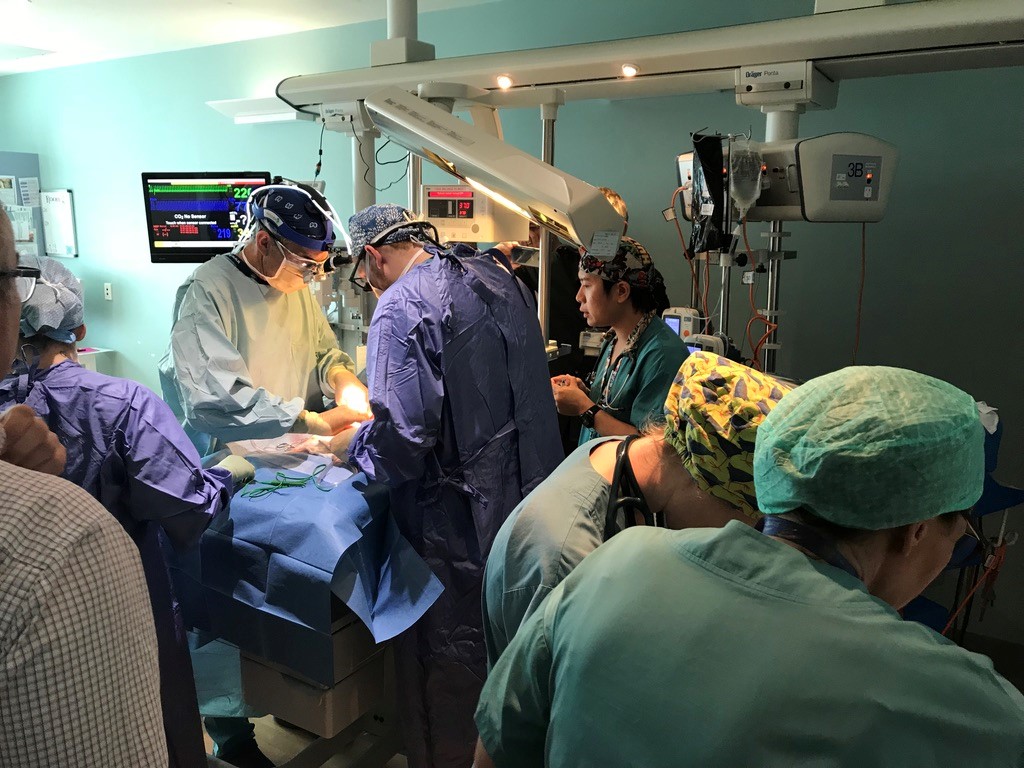
Improving quality patient care for children is also the main driver behind the Douglas Starship Simulation Programme. The programme educates clinicians, staff and families by providing training for different scenarios in a variety of hospital settings. Operations Manager Trish Wood says Starship first got involved in the mid 00’s, but it wasn’t until about 10 years ago that things really scaled up.
“The evolution of technology has really allowed us to take the programme to the next level. One of the best examples are our mannequins. These play the role of patients and can speak, blink, breathe and have a heartbeat. They can also react to different situations, for example they can start to turn blue for lack of oxygen. We attach monitors to feedback vital signs, and put all this together in a real environment. As a clinician the most stressful situations are those which don’t happen very often but when they do it’s critical to get it right. Our simulation programme allows us to test and practice these situations and get them right before game time.”
The simulation programme also helps families like Larissa, whose son Lennox was born with significant lung and heart problems. Lennox was discharged from hospital with a ventilator and the programme helped his family practice the care they learnt in the PICU and apply this in a non clinical environment. It’s training that mum Larissa says is invaluable.

“When we initially were given a date to be discharged everything was scary. We didn’t know what to expect. The Douglas simulation team supported us to care for Lennox and showed us how we could tackle different situations in the home and in different locations such as in the car or at the park. This made my husband and I feel a lot more at ease, it was a safe space to freely learn and grow in confidence.”
Trish says the programme is about empowering families to be independent of the hospital and be able to return home to a ‘new normal.”
One of the most important parts of simulation based education is the debriefing. Starship has made huge advancements in this area and are now using their expertise to help other hospitals across New Zealand and Australia.
To stay at the forefront of technology Starship has also partnered with Kiwi tech innovators and leaders. Last year the Starship Foundation partnered with a Kiwi app developer to run a clinical trial of the app ‘Village’ designed to help teens dealing with self-harm and suicide.
‘Village’ empowers young people, aged 13 to 25, who suffer from low moods to mental distress; to obtain regular and real-time support from a network of trusted individuals called “buddies”. Those buddies are, in turn, educated and supported to respond appropriately.
Starship’s Child Psychiatrist and Paediatrician Dr Hiran Thabrew says the app has been co-designed with families and young people in mind and takes a whānau approach.
“It’s important for us to work smarter to improve health outcomes for patients and using e-health to support our current services is one way we can do this. When we look at the future of the system we have to look at collaborative care and how we can support patients and their whānau to care for and learn about their own health and build health literacy. ‘Village’ lets us do this.”
Starship has also partnered with Kea World Class New Zealanders Greg Cross and Dr Mark Sagar founders of Kiwi tech company Soul Machines to work on creating an AI driven world first digital person named Maia. ‘Maia’ will support children who need to have an intravenous cannulation (a procedure that enables children to receive medication directly into their bloodstream via a needle inserted in the arm.)

Director of the Douglas Starship Simulation Programme Jo Hegarty, says children who require this procedure are currently supported by play specialists who work in the hospital, but after hours these specialists aren’t always available and Starship recognised an opportunity where technology could help out.
“Maia will be a digital person who will be able to provide interactive conversation with a child and help them to feel less anxious and practise mindfulness techniques before and during the procedure. This is an exciting world first innovation and gives us the opportunity to work with an amazing Kiwi business. Maia is still in development but already people are seeing all sorts of applications for her. It’s really exciting!”
Philanthropy has been at the very heart of technological innovation at Starship since the Starship Foundation was established in 1992. Since then, the charity has invested over $150 million in child health. Thanks to the generosity of New Zealanders, Starship is enabled to provide patients and their whānau with world class care. The Foundation has a continued urgency to keep innovating and delivering impact, with a target to generate $20 million a year for Starship and the children of Aotearoa.

 MENU
MENU

